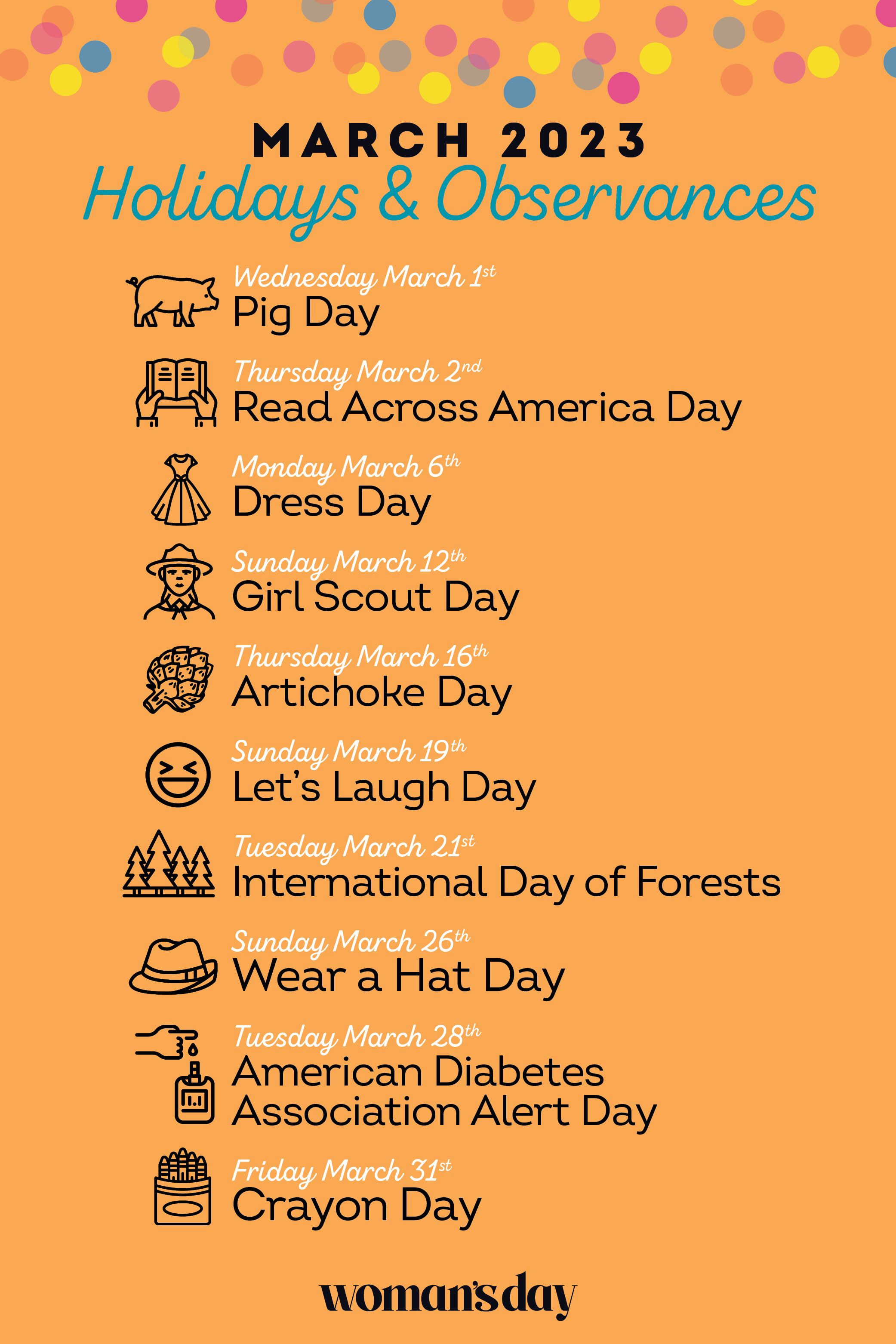Darwin Australia Local Time: Everything You Need to Know
Understanding the local time in Darwin, Australia, requires more than just looking at the clock; it involves an appreciation of the region’s unique geographical and cultural context. Darwin, the capital city of the Northern Territory, operates on Australian Central Standard Time (ACST) and uniquely embraces a distinctive relationship with time that can captivate and intrigue anyone interested.
As you delve into the nuances of Darwin’s local time, you will discover how it aligns with daylight saving practices, reveals insights into the rhythm of life in this vibrant city, and enhances your overall experience whether you are a visitor or a resident. What makes Darwin’s timekeeping particularly fascinating is the multifaceted interplay between time, culture, and lifestyle.
Let’s explore the intricacies of Darwin’s time zone and how it influences daily life.
Recognizing ACST and Time Zone Differences
Darwin operates on Australian Central Standard Time (ACST), which is UTC+9:30. However, it is essential to note that unlike many other Australian states, the Northern Territory does not observe Daylight Saving Time (DST). This decision keeps the clock constant year-round, providing stability for its residents.
This regularity can be revelatory for anyone comparing time in Darwin to cities that do adopt DST. For instance, when the clocks roll back in southern states, Darwin remains unaffected, creating a time discrepancy that can lead to unusual scheduling challenges. For instance, when Sydney is on daylight saving time, a sunlit afternoon might fall at a different hour in Darwin. This understanding can enhance interactions across Australian cities, making conversations about time more engaging and full of nuance.
The local perspectives on time transcend mere numbers and instead reflect a profound connection to the tropical environment and indigenous rhythms of life. Sunset and sunrise times, for example, dictate not only coastal leisure activities but also affect farming, fishing, and community festivities.
A Tropical Lifestyle: How Time Influences Daily Activities
Time in Darwin is fundamentally tied to its climate and geography. The city’s positioning, near the equator, results in relatively consistent daylight hours throughout the year. This permanence fosters a lifestyle attuned to nature and community. You’ll witness residents embracing the outdoors, from dawn till dusk, thanks to a vibrant atmosphere that doesn’t allow for the drastic shifts in daylight common in temperate zones.
For instance, fishing enthusiasts often start their day early, leveraging the serene morning light. The local markets flourish in the cooler morning hours, where the rhythm of trade is invigorated by the tropical ambiance. These societal routines reflect Darwin’s intrinsic connection to time and underscore its role as a facilitator of communal interactions.
Furthermore, local festivals such as the Darwin Festival showcase how the tropical timetable enriches cultural expression. These events, often held in line with the dry season—when weather conditions are favorable—highlight how time, intertwined with environmental cues, shapes the collective experiences of Darwin’s inhabitants.
Travel Planning: Making the Most of Your Time in Darwin
For travelers, understanding Darwin’s time zone is pivotal to maximizing your time spent in this distinctive locale. A savvy globetrotter will consider booking flights and planning itineraries that align with ACST to avoid confusion upon arrival. Additionally, knowledge of local time can enhance sightseeing experiences, allowing visitors to partake in activities at opportune moments, ensuring engagement with the vibrant flora and fauna of the region.
Always remember that when navigating through different Australian states, communication and coordination may require strategic adjustments based on the absence of Daylight Saving Time in Darwin. By deeply understanding the implications of local time, visitors can immerse themselves into Darwin’s rhythm—making every moment an inviting adventure.
In summary, Darwin’s local time is not merely a rate at which the clock ticks but a reflection of its identity. By embracing the unique attributes of ACST, visitors and residents alike engage more meaningfully with the cultural and environmental ethos that defines this remarkable Australian city. Whether you are planning your next holiday or considering a move, an appreciation for Darwin’s time will deepen your understanding of its vibrant life.
You May Also Like
Best Fish to Catch in Australia: A Guide for Anglers
Australia boasts an extraordinary diversity of fish species, making it …
Emily Bay Norfolk Island: A Hidden Gem in the Pacific
Emily Bay, a picturesque enclave nestled on the sun-kissed shores of …
Holidays on August 23: Global Festivities & Observances
August 23 is a date that carries a bouquet of cultural significance …




